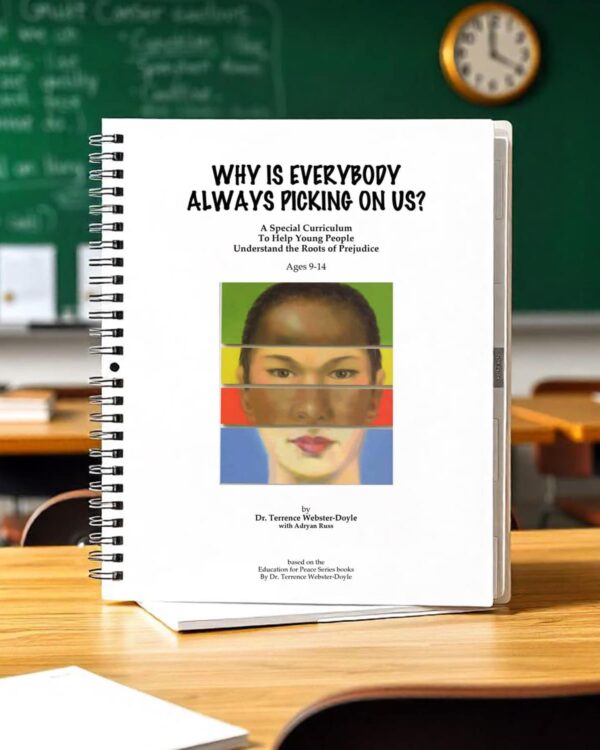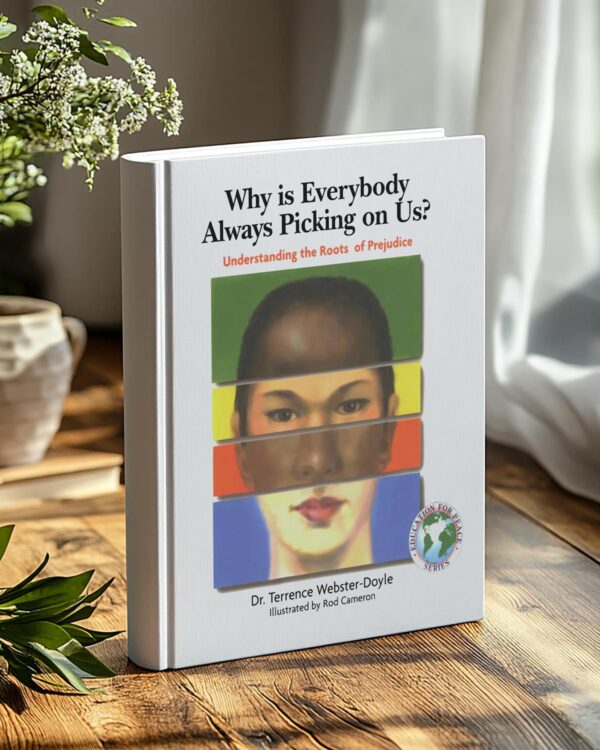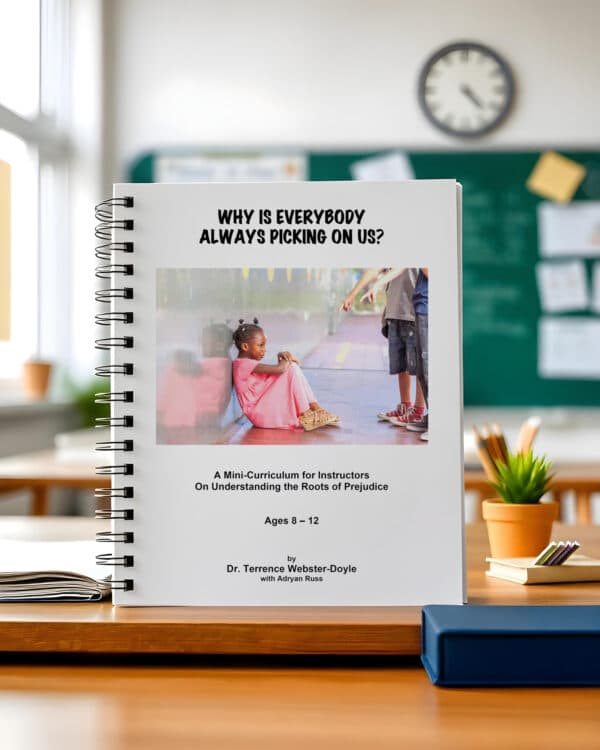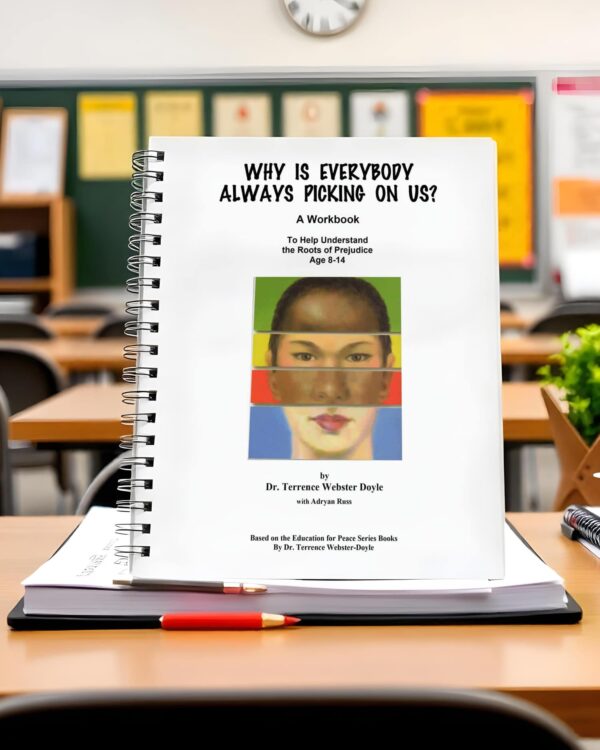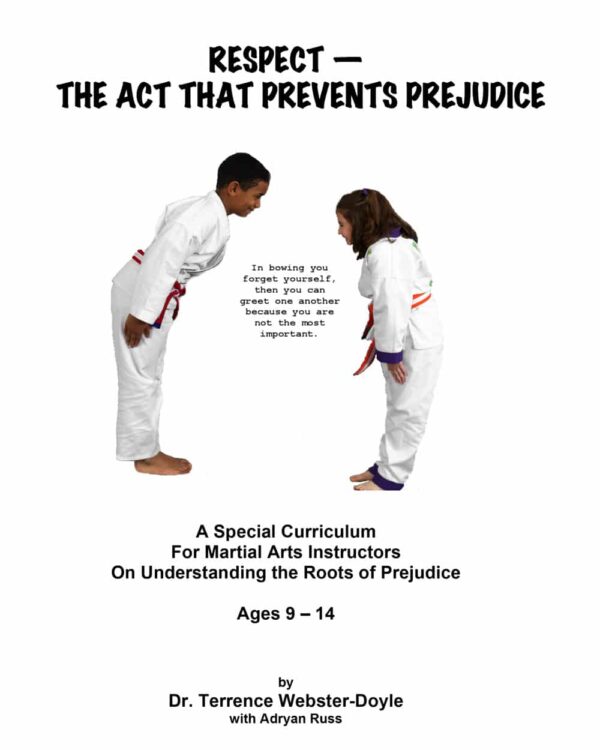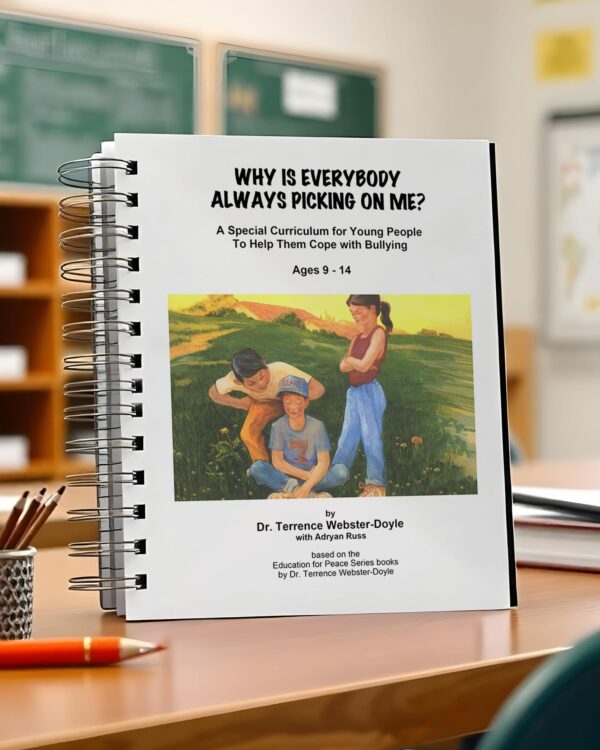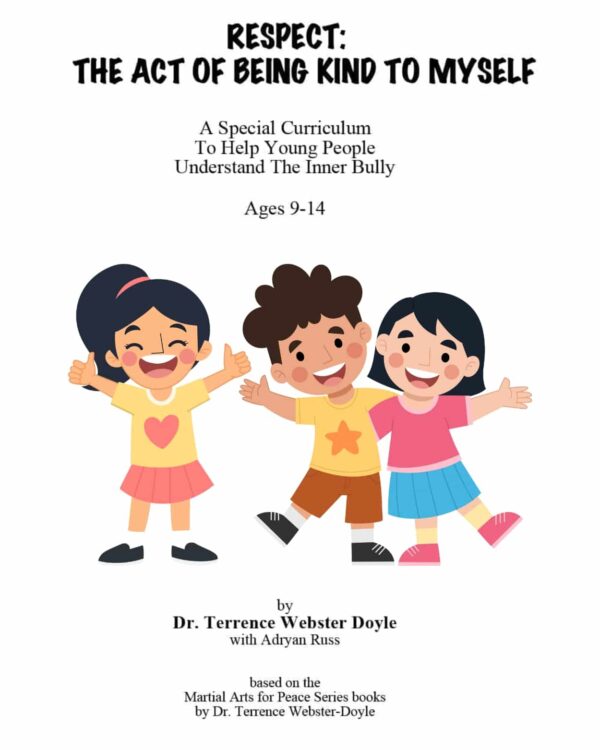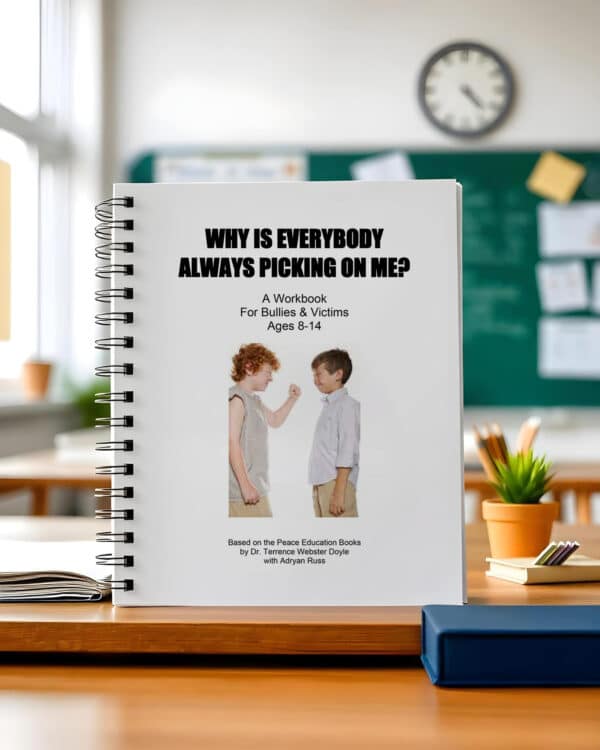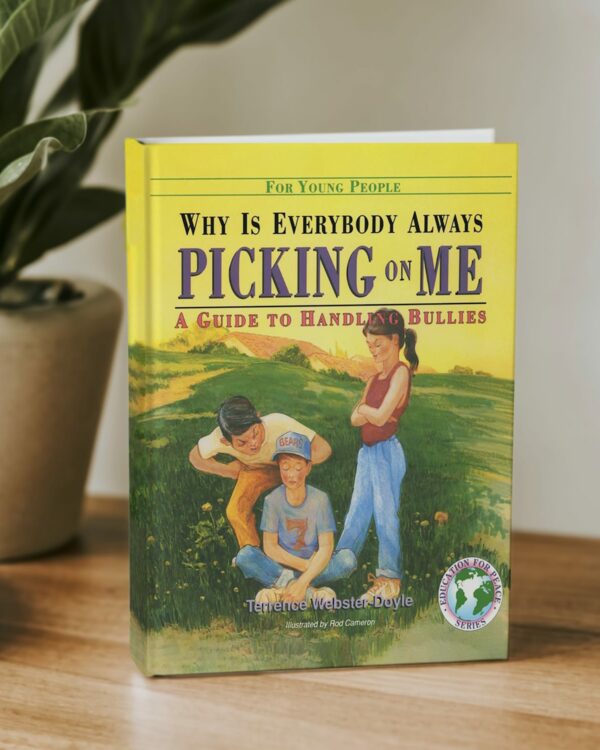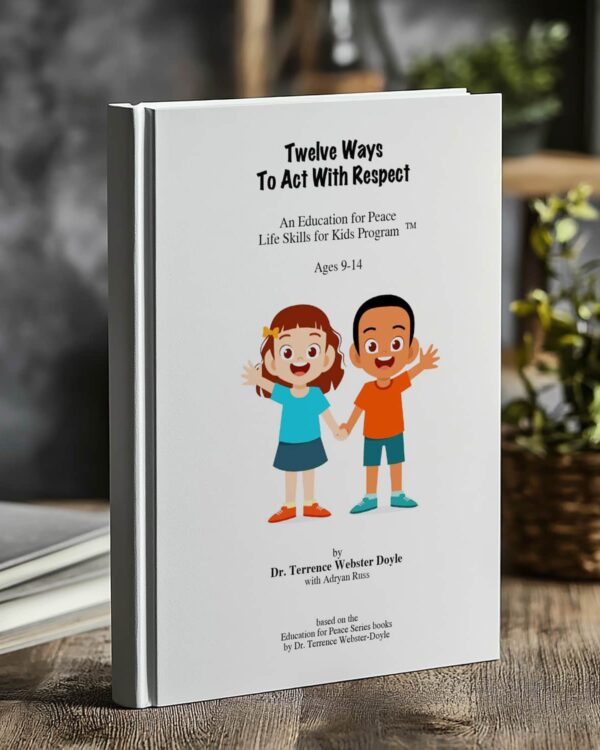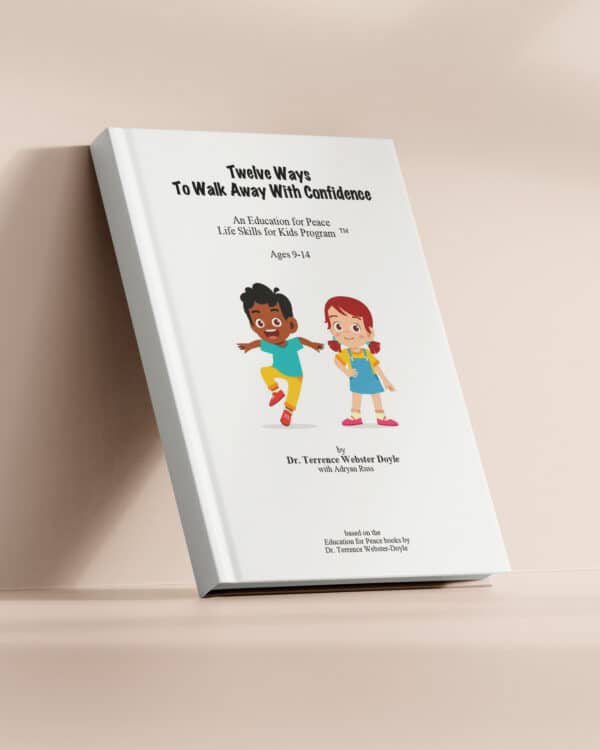Being Honest About Our Perceptions: Why Action Matters

How honest am I about my perceptions?
When I see something clearly, how willing am I to act on that perception? How often do I see something that is wrong and do not attempt to do something about it?
Am I afraid that if I do something about, it it will disturb me? If I do something about it, my life may have to change, I may lose my job or lose my friends or I may have to face my fear of standing alone on an issue.
I think that I am most happy when I am honest about my perception, but how often am I honest about my perceptions to myself and to others?
When I am honest I feel more at peace with myself and feel that there is no division between what I see and what I do. The difficulty is that if I see something clearly, and I act on it, it probably will disturb my life. But on the other hand, if I do not act on it, it is sure to cause me conflict inwardly.
A lot of my problems in life are created by my unwillingness to act on what I see.
Just the simple issue of spending too much money, although I really know that I cannot afford it.
I see that I do not have enough money to buy a beautiful car, and yet I take loans and buy it anyway, putting myself into debt. The debt becomes a problem for me and causes me stress. It is all the worse, because I knew what I was doing and this knowledge just increases my anxiety.
If I was really honest about my perception, I would know that I could not afford the car, but then I would have to face the fact that I could not have that exceptionally beautiful new car.
Interested? Keep Learning
-
Why is Everybody Always Picking on Us? Curriculum
Download Now$10.00 -
Why is Everybody Always Picking on Us? Book
Download Now$10.00 -
Why is Everybody Always Picking on Us? Mini Curriculum
Download Now$10.00 -
Why is Everybody Always Picking on Us? Workbook
Download Now$10.00 -
Respect: the Act that Prevents Prejudice Curriculum
Download Now$10.00
Social perceptions
Other problems with perception are social, such as seeing clearly that it is important to treat children with respect.
One day when I was in town, I observed a young man getting angry at his little three year old. He was pulling his child along by the arm, shouting at him. At first I thought that his anger would pass, but soon, he started to shout louder calling his child all kinds of names.
At this moment a lady came up and stood beside me. I turned to her and said, “What can we do?” She said she knew there was a police station on that same block, so we decided to go there and report the man.
Later the policeman talked to the man in a kind and sensitive manner and made him aware that his behaviour was not acceptable. I felt the man was really listening and wanted to change.
In this case we acted on our perception and we both felt very good about it. We felt that perhaps this man really would change, and the child would be saved from being bullied by his parent.
How often do we see an incident like this one and not act on it? What would have happened if we had not acted in this situation?
Global perceptions
On a global level, even greater problems are created when we do not act on what we see. It is well known that leaders in government are often aware of situations and do not act.
An example of this is the issue of eating meat. It is becoming more and more clear that the population of the world cannot be supported on a meat diet.
There is not enough water to sustain the livestock and there is not enough land with the growing population, and yet, governments do not act on this perception, because it would be unpopular with large sections of the populace who are strongly ingrained in the habit of eating meat.
In this case, the government’s unwillingness to address this issue is increasing hunger everywhere.
If we always act on our clear perceptions, our lives would change radically.
Just try writing down on a piece of paper all of your perceptions that you have not acted on in the last year. What would have happened if you had let those perceptions change the way you lived?
Lack of acting on our perceptions has a great affect on us individually, socially, and globally.
I think perhaps the inner conflict that is created by seeing something clearly and not acting on it is the same as the outer conflict in the world. When I see that my behaviour is causing others stress and I do not change my behaviour, I am beginning the cycle of inner conflict, creating a division between what I see and what I do.
Once this cycle is started it escalates to a social issue and then a global issue. We create a habit of not caring about our perceptions. We lose our ability to be clear and encourage the growth of inner confusion.
Awareness of your perceptions
I think the young man, in the story above, who was shouting at his child, was not aware of his affect on his child. In this case, he was not in conflict and thought his actions were fine.
Of course his behaviour was not fine, but at first he was not aware of it. Being made aware, he would never again be able to act in the same way without hurting himself inwardly.
If this young man acts on his new perception of his anger, he will change his life. His child will be happier and he will contribute to the peace in the world. He also will not feel in conflict with himself.
I see that if I act honestly on my perceptions my life will change radically. Do I want to face all the disturbance this will create in my life? What will happen if I am not honest about my perceptions? Will it increase the conflict in my life, in society, and in the world?
It feels so good to be honest about my perceptions. What will it take for me to be truly honest about what I see?
